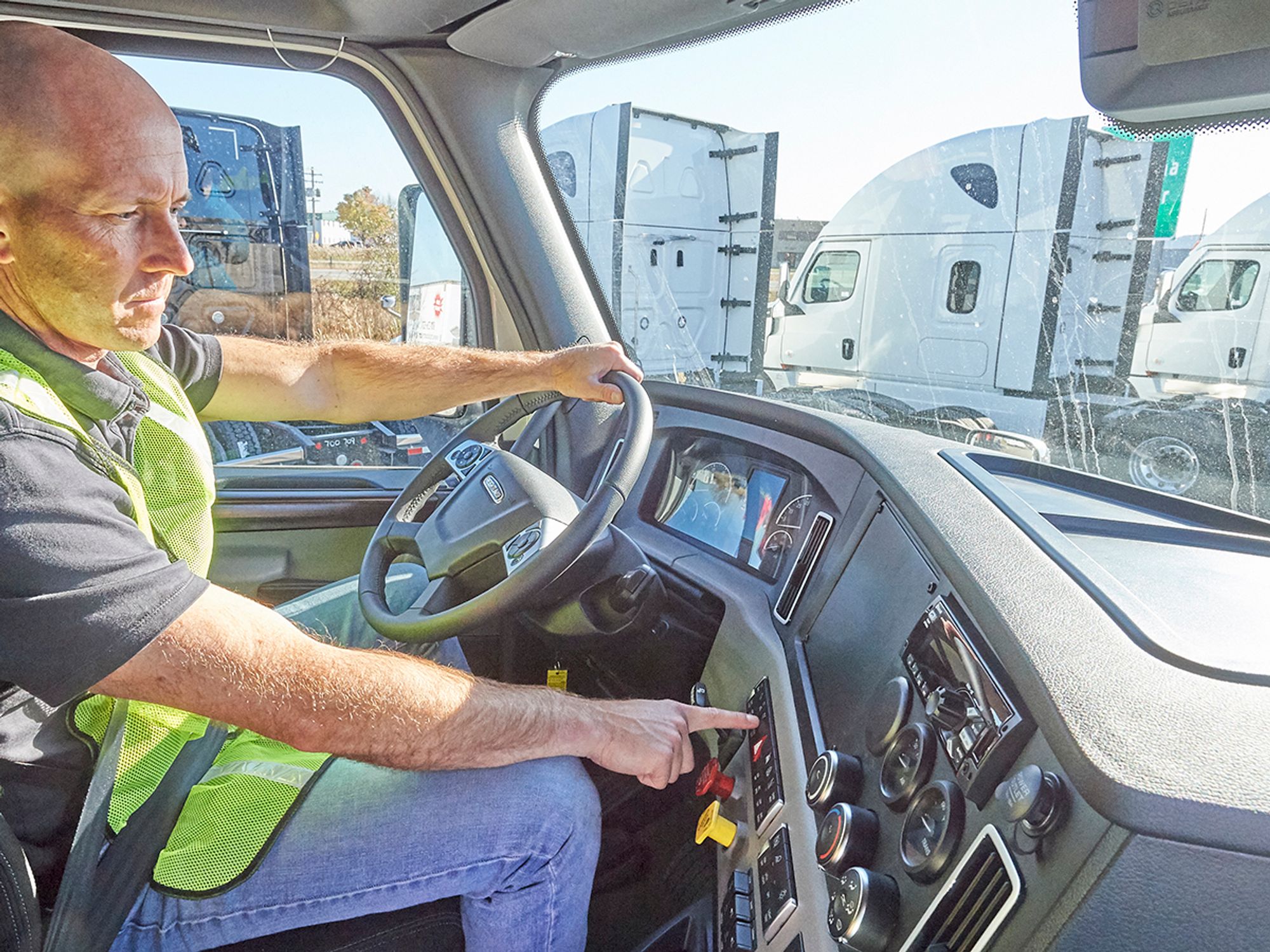Adaptive cruise control (ACC) systems

- ACC systems communicate with the engine to increase or decrease a vehicle’s cruising speed to match the vehicle in front of the driver and maintain about a three second following distance.
Adaptive cruise control (ACC) is another data intensive system that works with other safety systems, normally a collision warning system (CWS). The ACC system will communicate with the engine to increase or decrease the vehicle’s cruising speed based on the surrounding traffic. Normal cruise control only maintains vehicle speed based on the driver selected speed.
Adaptive cruise control, or a similarly named system, will set the ACC control speed to match the speed of the vehicle in front of the driver if it is going slower to maintain about a three second following distance.
If there is a choice, the driver should set the ACC to the greatest following distance.
If equipped, a driver should not use ACC, or other cruise control, when the road conditions involve traffic, an urban area, or adverse weather such as rain, ice, snow, or wind. Drivers should always focus on defensive driving and should not rely on these systems.
